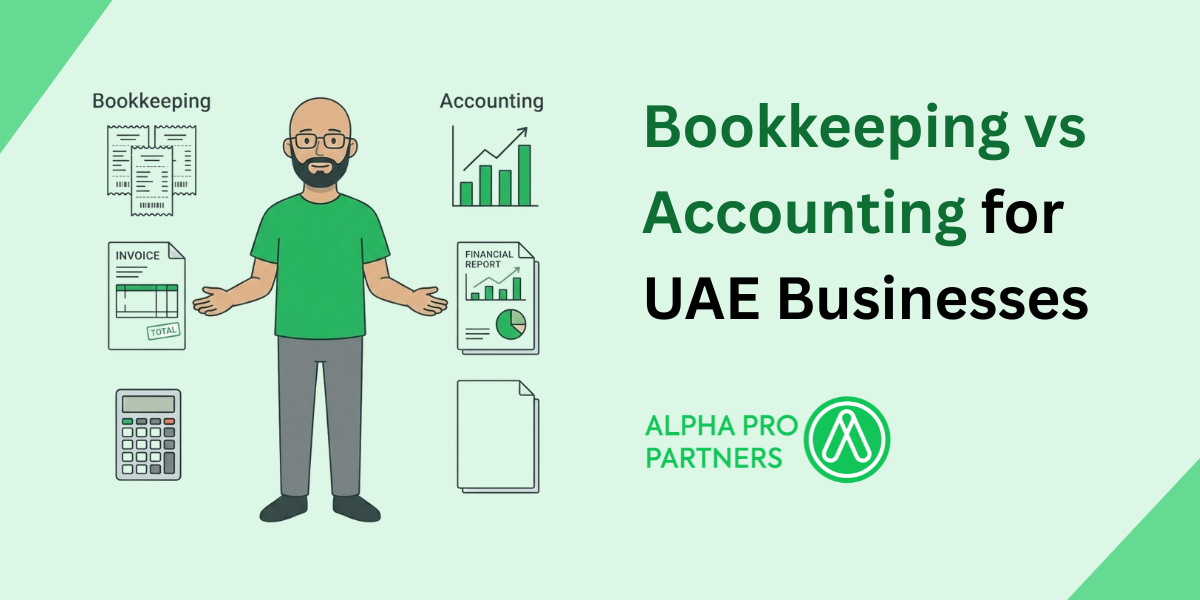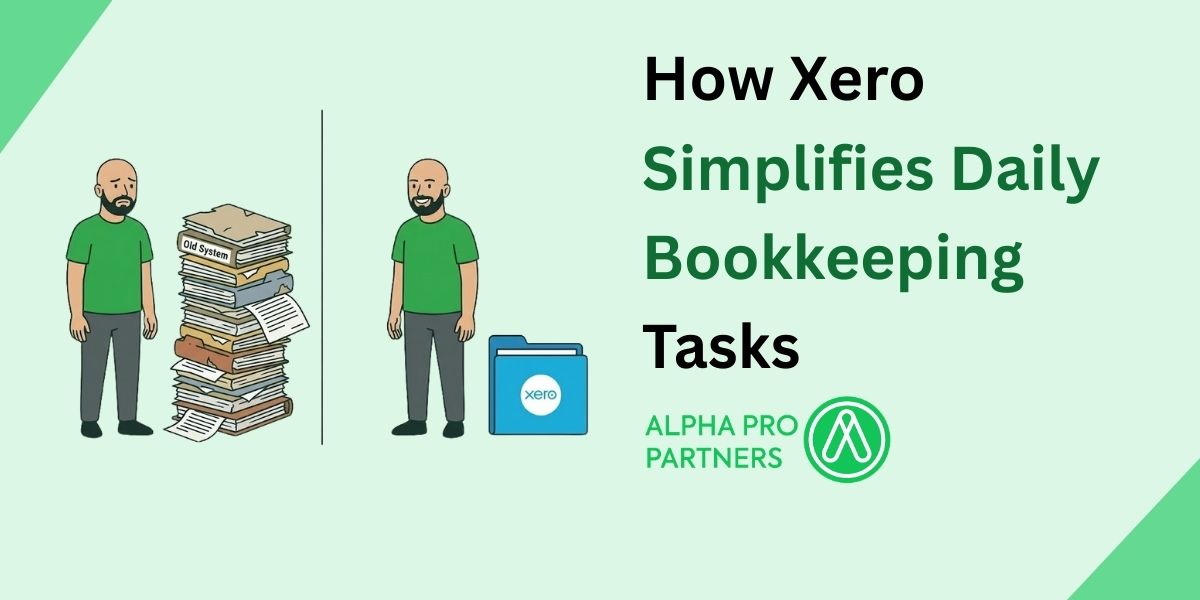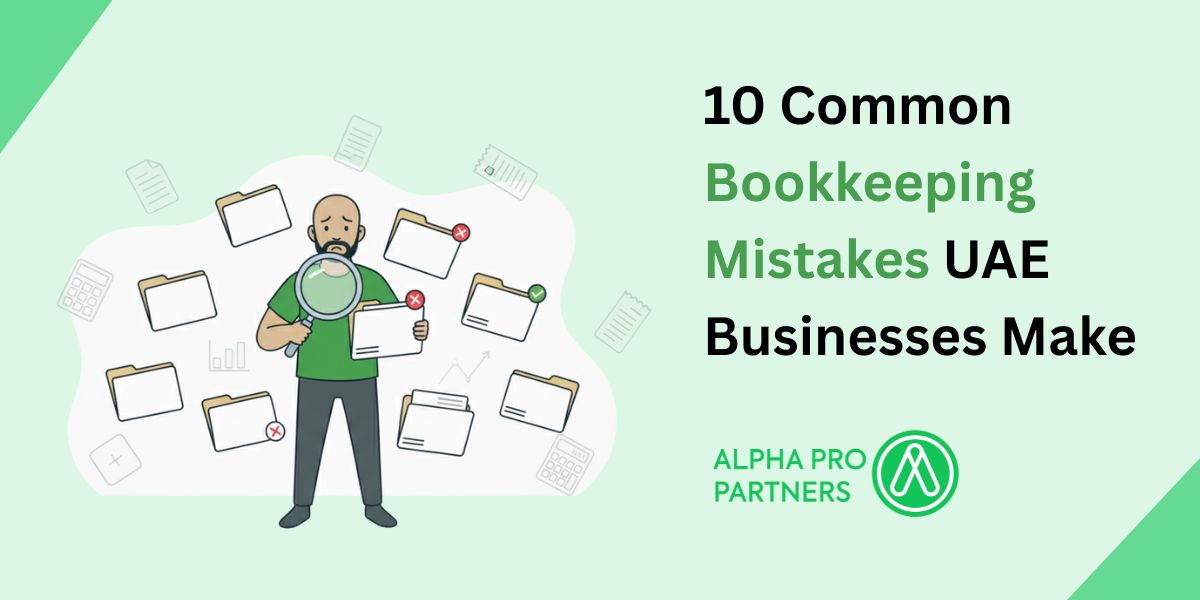UAE Corporate Tax: List of Non-Deductible Expenses Explained

When it comes to UAE Corporate Tax, knowing what you can claim is only half the story. The other half is understanding what you cannot deduct, and that is just as important.
Many businesses focus on maximising deductions to lower their tax bill. While this is a valid goal, it must be done within the boundaries set by the Federal Tax Authority (FTA). If you start claiming costs that do not qualify, you risk a potential review, rejected deductions, and in some cases, penalties.
The rules are designed to give fair tax relief for genuine business expenses. They are equally clear on the types of costs that are off limits.
This guide explains exactly which expenses are excluded, why these rules exist, and how you can keep your business safe from compliance issues.
Why Some Expenses Are Not Deductible
The Corporate Tax Law sets out restrictions for a few key reasons:
- Level playing field: Businesses should not benefit from tax deductions for costs that are personal, unlawful, or artificially inflated.
- Integrity of the tax system: If all deductions are genuine and tied directly to generating taxable income, the government can keep rates stable and predictable.
- Transparency: By disallowing certain costs, the FTA makes it harder for businesses to manipulate their taxable income with unrelated or inflated expenses.
Non-deductible expenses are clearly defined exclusions.
The Main Categories of Non-Deductible Expenses
1. Personal Expenses
Personal spending has no place in your Corporate Tax return. This includes:
- Family trips and holidays
- Household purchases
- Personal gifts
- Non-business-related subscriptions or memberships
It does not matter if you paid for these from your business bank account. If the expense is not wholly and exclusively for business purposes, it cannot be deducted.
Example: If you buy a laptop for personal use but pay for it through the company, that cost cannot reduce your taxable profit. If the laptop is partly for business, you must clearly separate the personal portion, and only the business part could potentially be deductible.
2. Payments That Break the Law
Any payment that violates UAE law is not deductible. This includes:
- Bribes or kickbacks
- Payments linked to illegal activities
- Any other expenditure made for unlawful purposes
Such expenses put your business at serious legal and reputational risk.
3. Fines and Penalties
The FTA is clear: you cannot claim fines or penalties as deductions. This applies to:
- Traffic violations
- Late payment fees for missing government deadlines
- Regulatory penalties
Fines are intended as a deterrent, not a business expense.
Example: If your delivery van receives a speeding ticket while on a job, that cost stays out of your Corporate Tax calculation.
4. Distributions to Owners
Payments to shareholders or partners, such as dividends, are not deductible.
These are profit distributions, not operating expenses. They happen after your taxable income has been calculated. Even if you label them differently in your books, the substance of the payment matters more than the name.
5. Payments to Related Parties Above Market Value
If your business pays a related company or individual, the amount you can deduct is limited to what you would pay an unrelated third party for the same goods or services.
Example: If you pay your cousin’s business AED 50,000 for a service that would cost AED 30,000 from a standard supplier, only AED 30,000 is deductible.
6. Entertainment for Clients
Entertainment expenses have special rules. You can only claim 50% of certain client-related costs, such as:
- Business meals
- Event tickets
- Hospitality
So, if you spend AED 2,000 on a client dinner, only AED 1,000 counts as a deductible expense.
7. Expenses Linked to Exempt Income
If an expense is directly tied to income that is not taxed, for example certain dividends or qualifying foreign branch profits, it is non-deductible.
8. Large Asset Purchases
When you buy major assets like property, vehicles, or equipment, you cannot deduct the full cost immediately. These are capital expenditures, which must be depreciated over their useful life.
Real-Life Scenarios
Traffic Fine During a Delivery: A company vehicle is delivering goods when the driver exceeds the speed limit. Even though it happened during business operations, the fine is not deductible.
Dividend Payment: After a profitable year, your company pays AED 200,000 in dividends to shareholders. This payment is not an expense, it is a profit distribution.
Overpayment to a Related Party: You engage your brother’s marketing firm to design a campaign, paying AED 40,000 when the market rate is AED 25,000. Only AED 25,000 is deductible.
Mixed Business and Personal Trip: You attend a conference in Abu Dhabi but extend your stay for a personal holiday. Only the costs directly linked to the conference could be considered for deduction.
Why Good Records Are Non-Negotiable
The FTA requires proof for every deduction. If you claim an expense, be ready to show:
- Receipts and invoices
- Contracts or agreements
- Notes explaining the business purpose
- Evidence separating business and personal portions for mixed-use expenses
If you cannot provide documentation, the expense will likely be disallowed.
Common Mistakes That Trigger FTA Scrutiny
The FTA pays attention to returns that:
- Claim unrelated expenses
- Deduct fines or penalties
- Include excessive related-party payments
- Lack documentation for large claims
What to Do If You Have Claimed a Non-Deductible Expense
If you realise you have claimed something that should not have been deducted:
1- Correct the mistake as soon as possible through the FTA’s voluntary disclosure process.
2- Provide an explanation and supporting documents.
3- Learn from the error to prevent a repeat.
Building Compliance Into Your Business Culture
Compliance should be part of your day-to-day operations. This means:
- Training your finance team on what is and is not deductible
- Setting up approval processes for expenses
- Reviewing expenses regularly, not just at year-end
When your team understands the rules, you reduce the risk of costly mistakes.
Sector-Specific Risks
Retail: Risk of mixing personal and business costs, especially with inventory purchases.
Services: Frequent travel and mixed-use expenses like phone bills need careful allocation.
Manufacturing: Large equipment purchases must be depreciated, not deducted in full.
Construction: Penalties for project delays or regulatory breaches are non-deductible.
Technology: Conference travel and software costs must be fully business-related.
Family Businesses: Payments to relatives must be at market value to be deductible.
Staying Ahead of Changes
Corporate Tax rules may be updated over time. Staying informed is essential. We recommend:
- Checking the FTA website regularly
- Attending industry webinars
- Consulting with tax professionals
If you want to be certain that every deduction you claim is compliant and every non-deductible cost is correctly excluded, contact Alpha Pro Partners today. Our team will review your expenses, identify risks, and give you a clear compliance strategy.
FAQs
What is considered a personal expense?
Any cost that is not directly and exclusively for business purposes, even if paid from a company account.
Can I deduct fines for late government filings?
No. All fines and penalties are non-deductible.
How are payments to related parties treated?
They must be at fair market value. Any excess amount is not deductible.
Are dividends deductible?
No. Dividends are distributions of profit, not business expenses.
Can I deduct client entertainment?
Only 50% of certain client entertainment costs are deductible.
How are expenses linked to exempt income treated?
They are non-deductible if directly related to exempt income.
Can I deduct the cost of new equipment in full?
No. Capital assets must be depreciated over time.
What if I accidentally claim a non-deductible expense?
Submit a correction through the FTA as soon as possible.
Do the same rules apply to small businesses?
Yes. All registered businesses must follow the same standards.
How long should I keep my expense records?
At least seven years.

.webp)
















.webp)
.webp)


.png)
.png)
.png)
.png)

.png)
.png)



.png)
.png)





.jpg)


.jpg)





.png)
.png)






.png)


